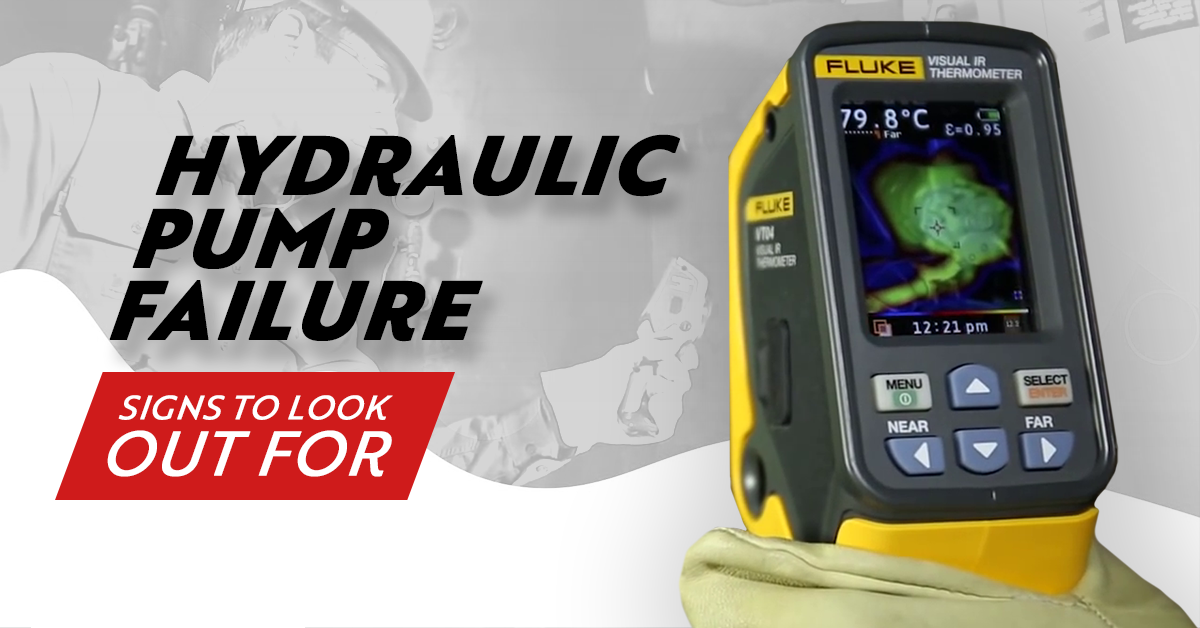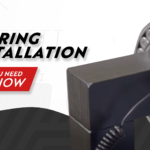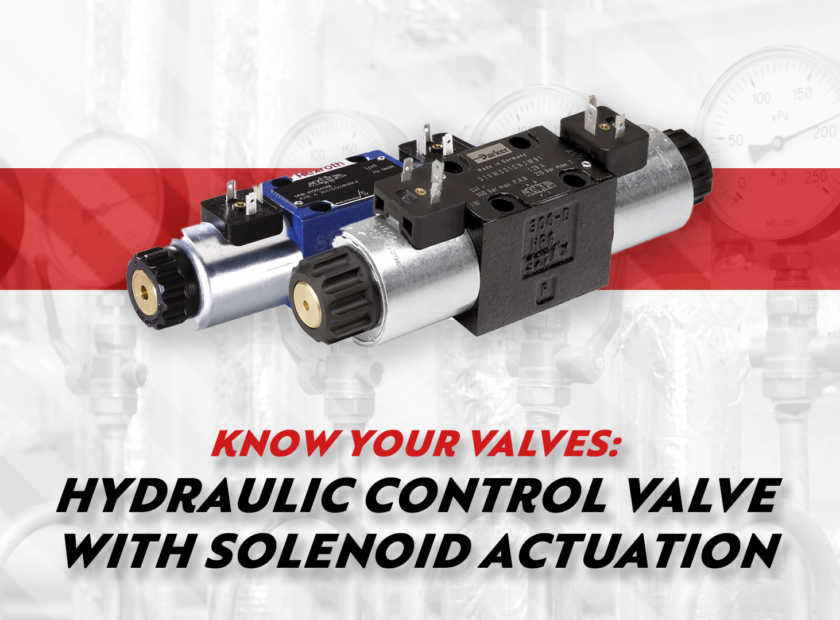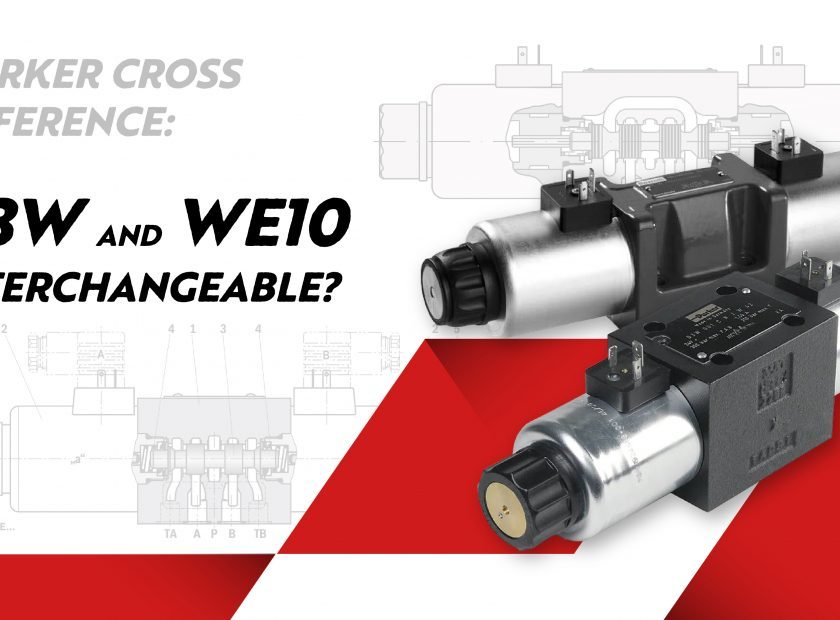
Hydraulic Pump Failure: Signs to look out for
In a hydraulic system, it is the hydraulic pump which converts the mechanical energy into hydraulic energy. It is, therefore, the heart of many crucial operations in modern industries. Should it deteriorate or go inoperative, the entire supply line comes to a halt. Its failure prevention and timely repair or replacement are, thus, critical objectives of plant operators. Here, we will investigate the signs and symptoms that an operator can observe to take timely action.
Signs to look out for
Most of the problems arising in a hydraulic pump show similar symptoms. There is a loss of pressure or flow. The noise may have increased, or the temperature sensors display elevated readings. Let us go through the common signs one by one.
Noise
While it is normal for a hydraulic pump to make some noise, any abnormal or erratic noise should be distinguished. Hydraulics Field Manual recommends [1] that a pump be turned off in case of any abnormal noise as the situation will only deteriorate with further activity. Excessive noise from the pump can usually be attributed to one of, or a combination, of the following.
- Insufficient oil for pumping
- Pump taking in air through pump shaft, leakage in the suction line, or through oil.
- Worn or damaged parts in the pump
- Misaligned coupling
- High rpm
High Temperature
Elevated temperature is another warning sign to look out for in hydraulic pump operation. An operator should regularly inspect a pump using a heat sensor to detect any aberrations. Usual reasons behind the high temperature of the pump are:
- Misaligned coupling (with bearing as the heat spot)
- Higher pressure than required
- Insufficient cooling capacity
- Excessive pump slippage
- Low oil in the reservoir
Though the high temperature in a pump hints an underlying problem, it is also a problem in itself. As the temperature increases, the viscosity of the fluid decreases and the internal leakages through the standard clearances accelerate. High temperature, therefore, causes increased fluid loss from the system and reduction in operating pressure.
Slow Operation
As a pump deteriorates, its performance declines. The poor performance of a pump is, therefore, an indication of its underlying hydraulic problems. Thus, the slow operation of a hydraulic pump is another sign to look out for in a pump inspection. According to Hydraulics Field Manual [1], slow operation of a pump is primarily caused by a worn pump or internal leakage. As the internal leakages generate heat [2], a poorly performing pump must be inspected for temperature abnormalities. It may lead to early detection of the problem and the timely repair.
References
[1] Deparment of the Army, Hydraulics. Washington, DC, 2017.[2] Bosch Rexroth, “Maintenance & Troubleshooting of Hydraulic Systems.” pp. 1–42.





